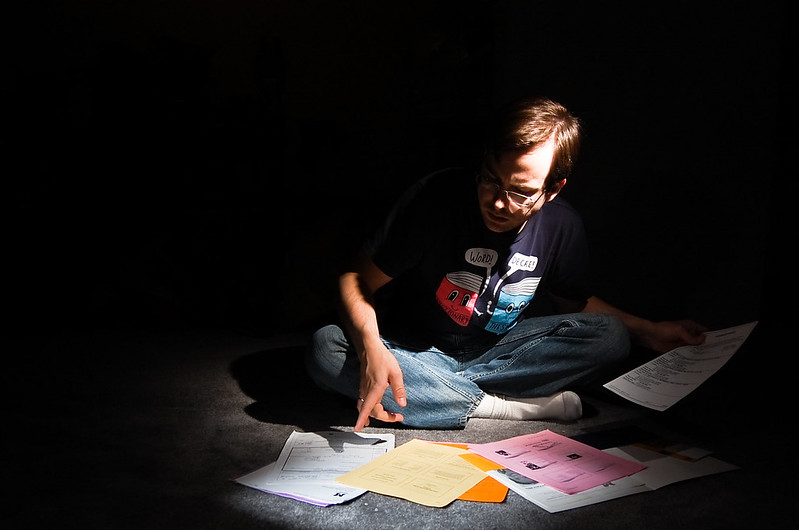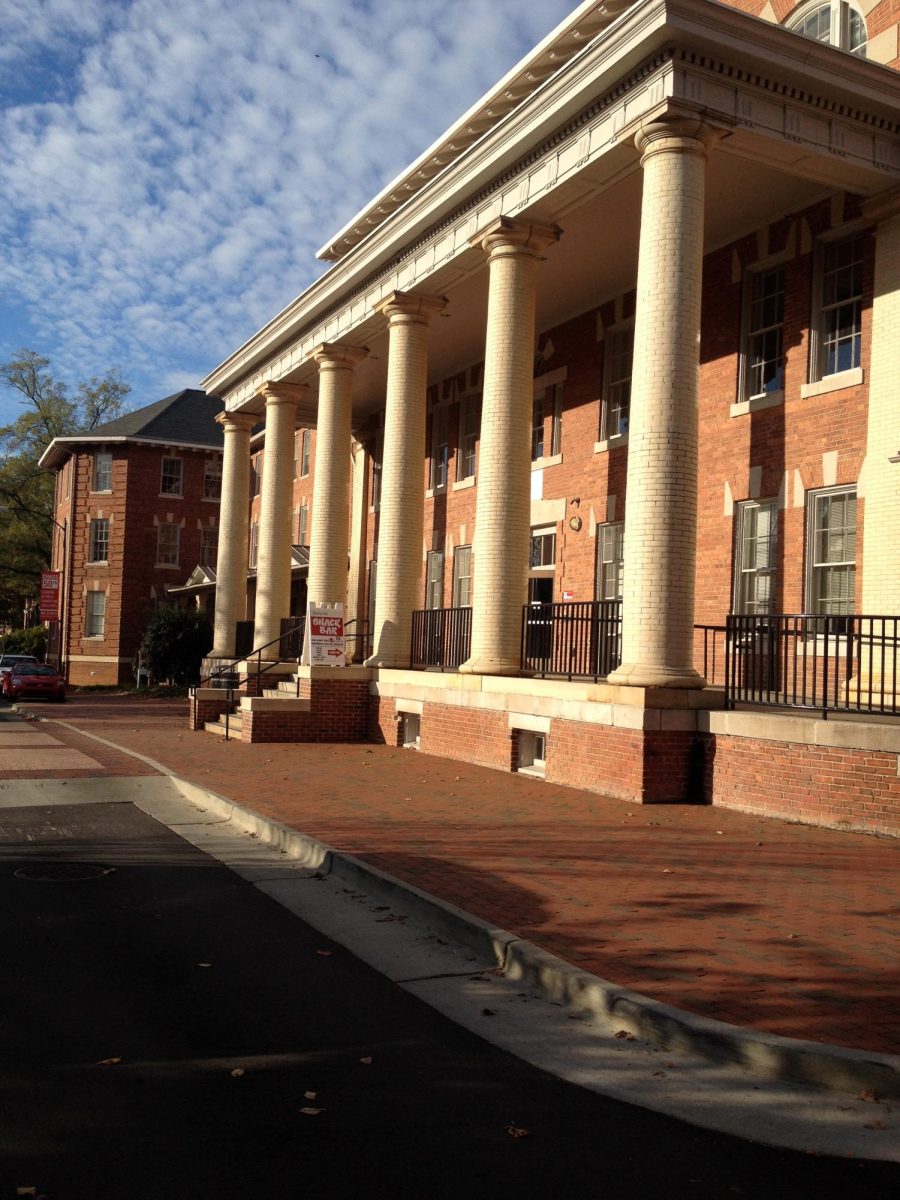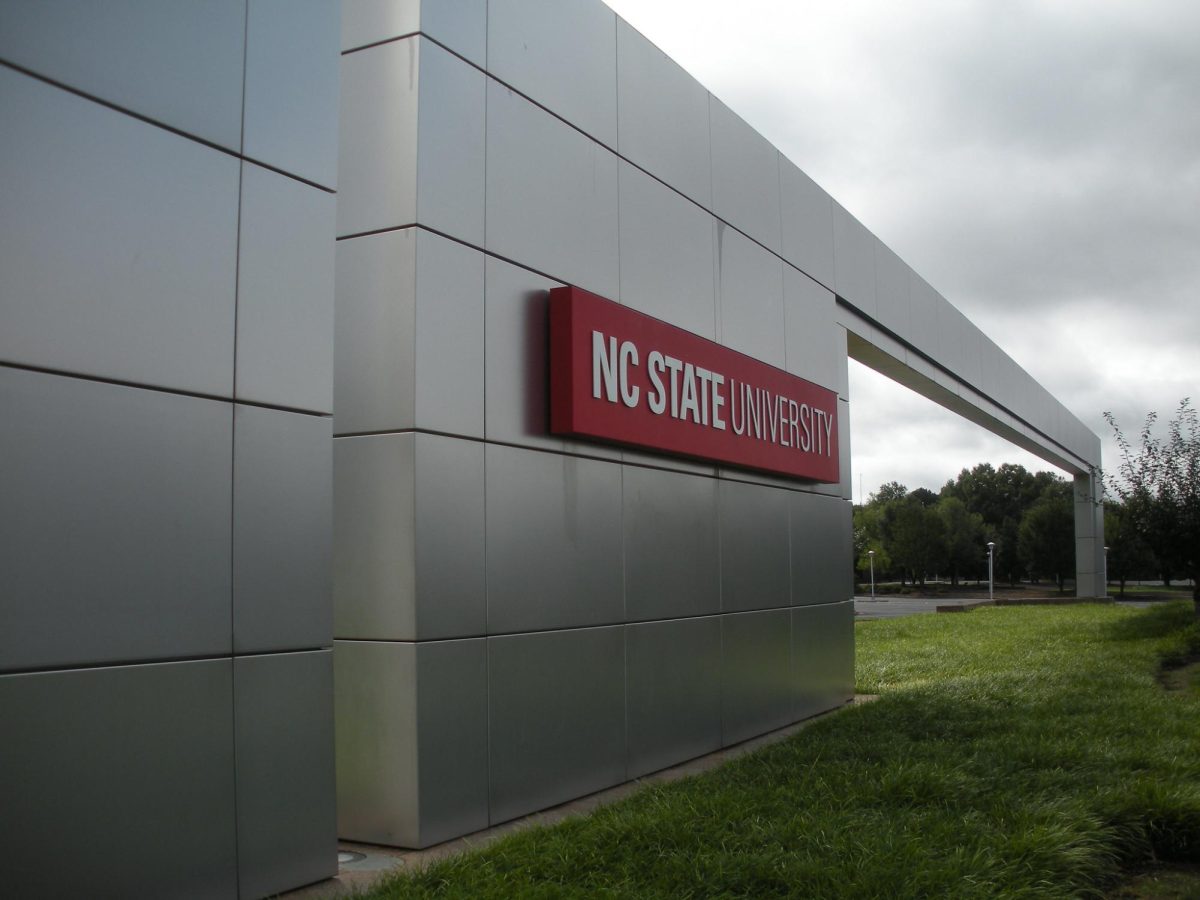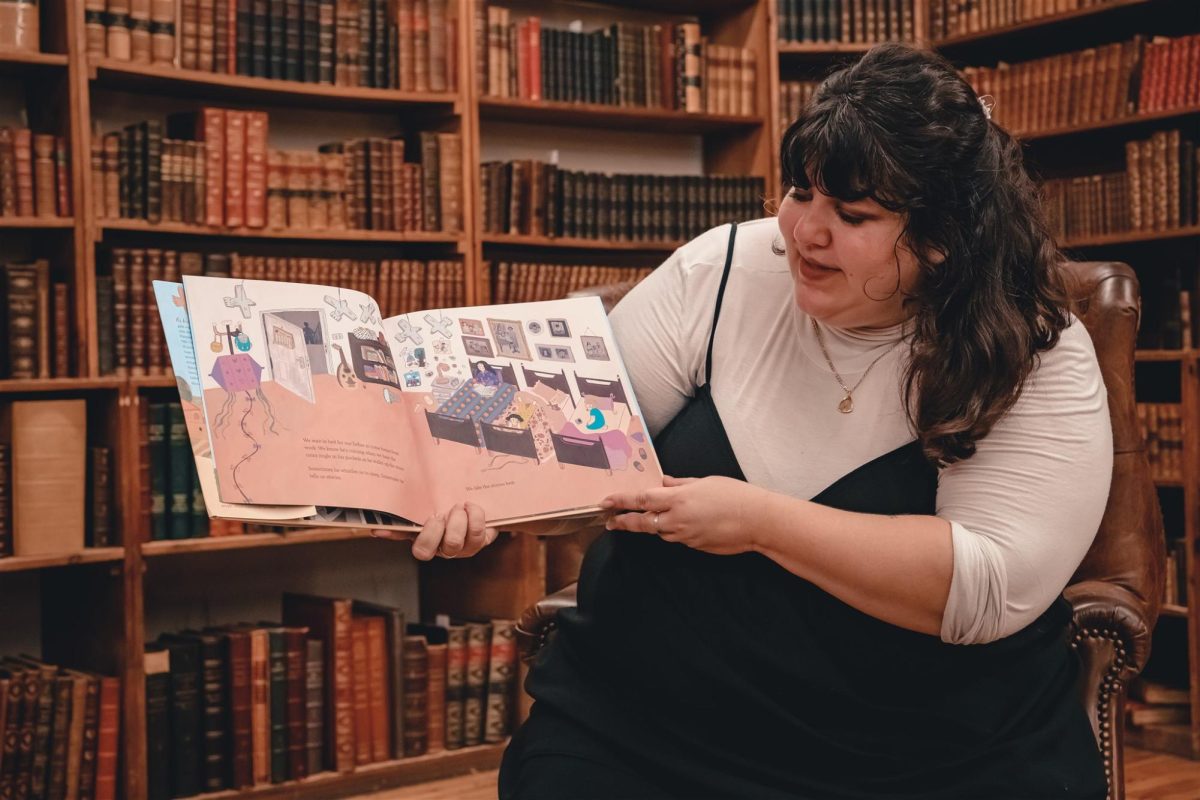The barrage of executive orders from the White House concerning Diversity, Equity and Inclusion (DEI) initiatives incited changes in university policy that widely affect students with protected status.
In 2024, NC State eliminated and re-assigned administrative positions relating to DEI; these positions were stripped of language associated with diversity, and re-worked to include words such as “excellence” and “success.” The reorganization puts campus offices and student programs in a difficult place, maintaining their previous missions while navigating narrow and precarious legal frameworks has proved tumultuous.
Students enrolled with the Disability Resource Office, especially those with intersectional identities, may be at significantly higher risk of discrimination than their able-bodied peers. As of Fall 2024, students enrolled with the Disability Resource Office made up about 6.2% of the university’s total student population. Forty-eight percent of that 6.2% were non-white or unknown, and over half were female. DEI initiatives have been rolled back and programs such as the Black Male Initiative and Council on the Status of Women have been terminated or suspended this year.
The University’s Office of Equal Opportunity — previously known as the Office for Institutional Equity and Diversity before being re-named under the Trump administration’s new policies works in tandem with the Disability Resource Office.
Vice Provost of the Office of Equal Opportunity Sheri Schwab says people should still know they have rights and protections under the law. “With these different executive orders, we want to make sure people know these laws do still exist,” Schwab said. “Our office’s job is to make sure people know about them, know that they can report, they can consult with us.”
Schwab told The Nubian Message that executive orders have not yet affected disabled students’ rights directly, although she did say new legislation affects how the office is allowed to handle other students with protected status.
“Particularly, we are waiting to see Title 6 as it relates to national origin,” Schwab said.
“There’s a lot of focus specifically around the executive order stating that there are only two biological sexes and how that impacts how we define or protect people with different gender identities.”
Schwab is referring to Executive Order 14168, which demands that federal agencies, including the Department of Education “end the Federal funding of gender ideology.” Previously mentioned Title 6 of the Civil Rights Act of 1964 prohibits discrimination in programs or activities that receive federal financial assistance, according to the U.S. Department of Education.
Some students feel campus resources like the Disability Resource Office have been insufficient even before executive orders. Collette Mulhall, a second-year genetics major, said she thought the Disability Resource Office was understaffed. “You have to have that attitude of being ready to fight for what you think is best for you,” she said.
When asked if there were enough resources to provide accommodations in a timely manner to people on campus, Schwab said, “It’s looking at those numbers, that jump with no additional staff in our office. We’re aware of that issue. And striving to do that.”
The Disability Resource Office was not immediately available for an interview.
Although legislation continues to reduce significant DEI initiatives, countless campus groups and programs have built communities around advocacy and resource sharing. The Pack disAbility club and NC State Accessibility Collaborative are two campus groups that provide resources to disabled students, faculty and staff. The student centers in Talley Student Union also provide safe spaces for marginalized students, such as the Pride center, Women’s center and multicultural centers.
“There are great resources for expanding your perspectives,” Schwab said in her closing comments to The Nubian Message. “All students should be plugged into what is going on in these spaces so that they can understand the national impact or local impact that these topics have.”







